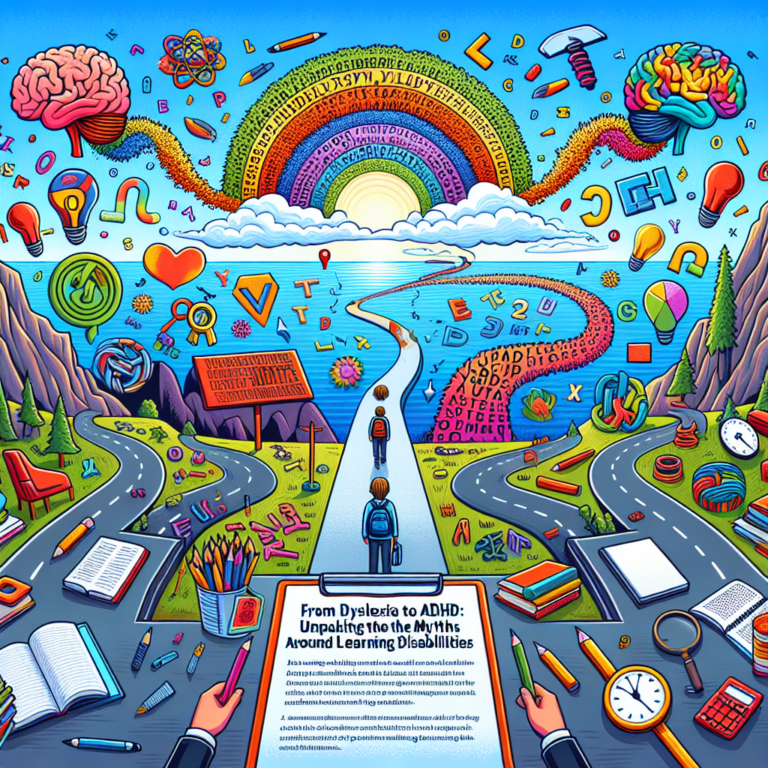
Introduction
"In the Name of Science" is a phrase often invoked with an air of justification, yet behind this lofty ideal lies a complex interplay of ethics, morality, and responsibility. As we hurtle into an age dominated by rapid technological advancements and groundbreaking research, the question arises: Where do we draw the line? Defining the Boundaries of Ethical Research is essential for ensuring that scientific inquiry serves humanity rather than detracts from its well-being. This article explores the intricate frameworks guiding ethical research while examining compelling case studies and actionable insights that speak to both researchers and the wider community.
The Evolution of Ethical Research
Understanding the Historical Context
Ethical standards in research are not a new phenomenon. The horrors of World War II, particularly the inhumane experiments conducted by Nazi doctors, prompted the formation of ethical guidelines. The Nuremberg Code, established in 1947, marked a pivotal moment, emphasizing the necessity for voluntary consent and the welfare of research subjects.
Taking a step further, the Declaration of Helsinki, drafted by the World Medical Association in 1964, expanded these principles to address not only medical research but all forms of human experimentation. Today, ethics committees and Institutional Review Boards (IRBs) play a crucial role in safeguarding the rights and well-being of participants.
Modern Ethical Frameworks
Today, the ethical landscape is framed by several key principles:
- Respect for Persons: This principle acknowledges the autonomy of individuals and the need for informed consent.
- Beneficence: Researchers must maximize potential benefits while minimizing harm.
- Justice: Fair distribution of research benefits and burdens must be ensured.
These principles form the bedrock of ethical research, and understanding them is crucial in defining the boundaries of ethical research.
Case Study: The Tuskegee Syphilis Study
One of the most egregious breaches of ethics in research was the Tuskegee Syphilis Study, which ran for 40 years, beginning in 1932. Conducted by the U.S. Public Health Service, African American men with syphilis were misled into believing they were receiving treatment, while in reality, they were subjected to observation without any care for their health.
Analysis and Relevance
The horror of this study highlights the dire consequences of disregarding ethical principles. It serves as a powerful reminder that informed consent and respect for participants are not mere formalities but essential components in defining the boundaries of ethical research. The legacy of the Tuskegee Study led to reforms in ethical research regulations and inspired a greater awareness of the need for transparency and accountability.
Ethical Dilemmas in Contemporary Research
Genetic Editing: The CRISPR Debate
As we grapple with the possibilities presented by genetic editing technologies like CRISPR, we face unprecedented ethical dilemmas. While this technology holds the potential to eradicate genetic disorders, it also raises questions about "designer babies" and the implications of altering human DNA.
Balancing Innovation with Morality
The potential ramifications of CRISPR technology make it essential to revisit our ethical standards continuously. In In the Name of Science: Defining the Boundaries of Ethical Research, this debate illustrates how technological advancement must be matched by ethical foresight, ensuring that innovations do not compromise moral values.
The Impact of Artificial Intelligence on Ethical Research
AI and the Future of Ethics
The emergence of artificial intelligence (AI) in research poses a fresh set of ethical challenges. Machine learning algorithms can analyze vast datasets, potentially uncovering insights faster than human researchers ever could. However, this power raises ethical concerns, especially in data privacy and algorithmic bias.
A Call for Ethical AI Frameworks
It’s crucial to establish guidelines surrounding AI use in research. The integration of ethical considerations from the start can prevent biases that result from flawed algorithms, exemplifying how critical it is to adhere to ethical principles in defining the boundaries of ethical research.
Tools for Ethical Research: Guidelines and Resources
Various organizations have developed guidelines and resources to assist researchers in navigating ethical complexities:
- American Psychological Association (APA): Offers comprehensive guidelines for ethical research in psychology.
- National Institutes of Health (NIH): Provides frameworks and resources specifically for biomedical research.
- World Health Organization (WHO): Develops guidelines for ethical research involving public health.
Utilizing these resources is vital for researchers committed to upholding ethical standards.
Conclusion
As we advance further into uncharted territories of science and technology, the question remains: How do we ensure that our pursuit of knowledge does not come at the cost of ethical principles? In the Name of Science: Defining the Boundaries of Ethical Research is not just a guideline; it’s a mission that requires vigilance, accountability, and utmost respect for human dignity.
The enduring lessons from past ethical violations must serve as a guiding light as we navigate the complexities of modern research. Each researcher shares the responsibility of shaping the future of scientific inquiry ethically and justly. Together, we can encourage innovation while steadfastly preserving the moral frameworks that govern our pursuit of knowledge.
FAQs
1. What is the importance of ethical research?
Ethical research ensures the welfare and rights of participants, builds public trust in science, and enhances the quality and integrity of research outcomes.
2. What are the key ethical principles in research?
The key principles include respect for persons, beneficence, and justice.
3. How has history shaped today’s ethical guidelines?
Historical injustices, such as the Tuskegee Syphilis Study, have highlighted the need for ethical standards and protections in research.
4. What role do Institutional Review Boards (IRBs) play?
IRBs review research proposals to ensure ethical standards are met, protecting participants’ rights and welfare.
5. How can researchers stay informed about ethical guidelines?
Researchers should regularly consult reliable resources, attend workshops, and engage with ethical review boards to stay updated on best practices in ethical research.
In the riveting intersection of science and ethics, continually revisiting and redefining the boundaries of ethical research is paramount. Let this be a call to action for all involved in the pursuit of knowledge, to ensure that in the name of science, we protect what it means to be human.















